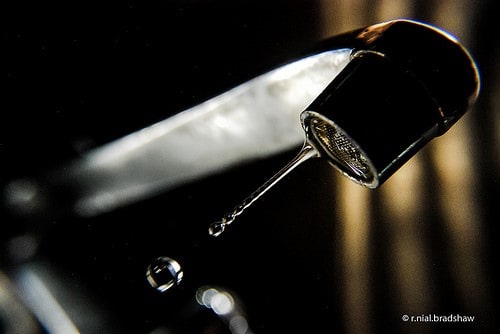Your heating, ventilation, and air conditioning (HVAC) unit is the most important appliance in your home. If it fails, you will get too hot in the summer and too cold in the winter. In the event of an HVAC failure, you need to know your options. Here are three things homeowners need to know about HVAC warranties.
Guarantee vs. Warranty
When you have an HVAC unit installed in your home, you must understand the difference between a guarantee and a warranty.
A guarantee is something a constructor does to increase confidence in the installation. This business owner knows that a customer will worry about the process. What happens if the HVAC unit is damaged during the install? A guarantee addresses those concerns. It’s a promise to repair or replace the unit free of charge if the install goes wrong.
A warranty is a binding legal agreement. This policy offers protection against hardware malfunction. All major appliances have a small failure rate. Should your unit fail, the language in the warranty ensures that the manufacturer will repair or replace the unit. The ideas are similar, but homeowners deal with warranties more often than guarantees.
What Does a Warranty Cover?

Each warranty is different. Some manufacturers offer stronger coverage as a competitive advantage. They proclaim that the owner is safer due to the high-quality warranty. Other manufacturers have such strong track records with their appliances that a more basic warranty is fine.
When you compare warranties, you should look at what each one covers. The general rule is that a warranty offers protection if any parts break during a set time. That’s the other important aspect. A warranty expires after a certain time frame, usually 10 to 20 years. A warranty that lasts longer is obviously better.
Another important factor is the price of the warranty. Most major retailers offer a warranty for free, but some do charge a set amount. In some instances, you might even receive better coverage as long as you’re willing to pay for it. Third-party vendors also offer warranty options for HVAC units.
You must understand that some warranties have exclusions. Certain parts may not qualify for coverage. You don’t want to discover that a broken part is not under warranty. You should talk to an HVAC maintenance professional about what to look for in a warranty.
Can You Invalidate a Warranty?
Companies must protect their products against poor usage. Otherwise, they’d lose a lot of money doing repairs on damage caused by reckless homeowners. For this reason, most warranties include legal protections. You can invalidate your warranty in many surprising ways.
For example, you must have a licensed installation expert set up your HVAC unit. When something breaks, you also might invalidate your warranty if you hire the wrong repair service. You must use a licensed professional to do repairs. Some warranties even require that you prove that you’ve regularly done maintenance on the unit.
An HVAC warranty provides valuable protection for a homeowner. You should now understand how it works, what it covers, and what you must do to keep it valid.







